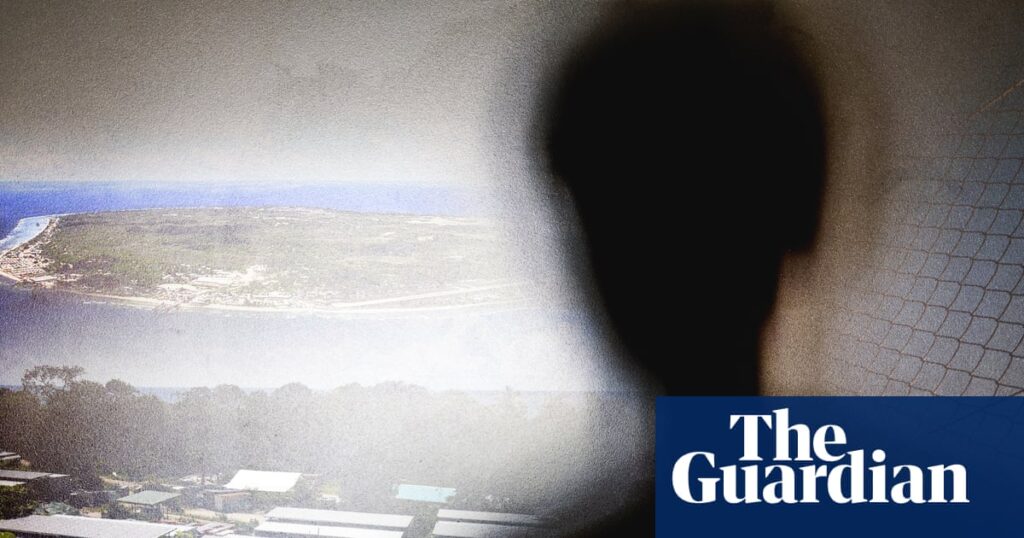
Two more men from the NZYQ-affected cohort have been deported to Nauru, a move that has sparked outrage among human rights advocates who criticize the process for its lack of transparency. According to sources, the men include a Sudanese national detained at the Yongah Hill detention center near Perth and another individual from a separate facility. Both were reportedly flown to Nauru last week, joining a Vietnamese national already on the island.
Home Affairs Minister Tony Burke, when questioned about the deportations, stated, “If people have had their visas canceled, we expect them to leave.” This statement underscores the government’s stance on the matter, despite the controversy surrounding the deportation process.
Background and Controversy
The deportations are part of a broader $2.5 billion agreement between Australia and Nauru, intended to last 30 years. This deal allows Australia to apply for long-term visas on behalf of the cohort, facilitating their deportation. The initial $20 million installment is designated for the Nauruan government to aid in settlement efforts, while the remaining $388 million is allocated to a sovereign trust fund co-managed by both governments.
Critics argue that this arrangement effectively replaces indefinite detention in Australia with indefinite detention on Nauru. Ian Rintoul, spokesperson for the Refugee Action Coalition Sydney, accused the government of attempting to bypass legal challenges to their deportation laws by acting before a high court review.
Secrecy and Legal Concerns
Ogy Simic, head of advocacy for the Asylum Seeker Resource Centre, expressed concern over the secrecy surrounding the deportations. “Once again, we are all piecing together fragments of information to try to find the truth of what is being done in our name,” he stated, emphasizing the lack of transparency.
Human rights lawyer Sarah Dale, director of the Refugee Advice and Casework Service, criticized the process for its opacity. “To not know if they were afforded due process, access to legal advice, appropriate health assessments or otherwise only echoes every single concern we have flagged with this process,” she said.
“These days are like living in a nightmare. I made mistakes since I came to Australia – I have been punished for those mistakes. I have tried everything to put my life back on track.” — Adnan*, a member of the NZYQ cohort
Implications and Future Outlook
The agreement between Australia and Nauru remains largely undisclosed, with officials stating that those sent to Nauru can live freely within the community. However, the agreement also reportedly prevents them from being sent to another country where they might face persecution, a practice known as chain refoulement.
Adnan*, a member of the NZYQ cohort, shared his distress over the situation, having been re-detained earlier this year. His sentiments reflect the broader concerns of many affected by these deportations, who feel trapped in a system that offers little hope for a future outside of Nauru.
Nauru’s president, David Adeang, commented on the situation following the deal’s announcement, noting that the men had “served their time” and were no longer subject to punishment. However, this reassurance does little to quell the fears and criticisms of human rights advocates who view the policy as punitive and unjust.
As the situation unfolds, the international community and human rights organizations continue to monitor developments closely, advocating for greater transparency and justice for those affected by Australia’s deportation policies.





